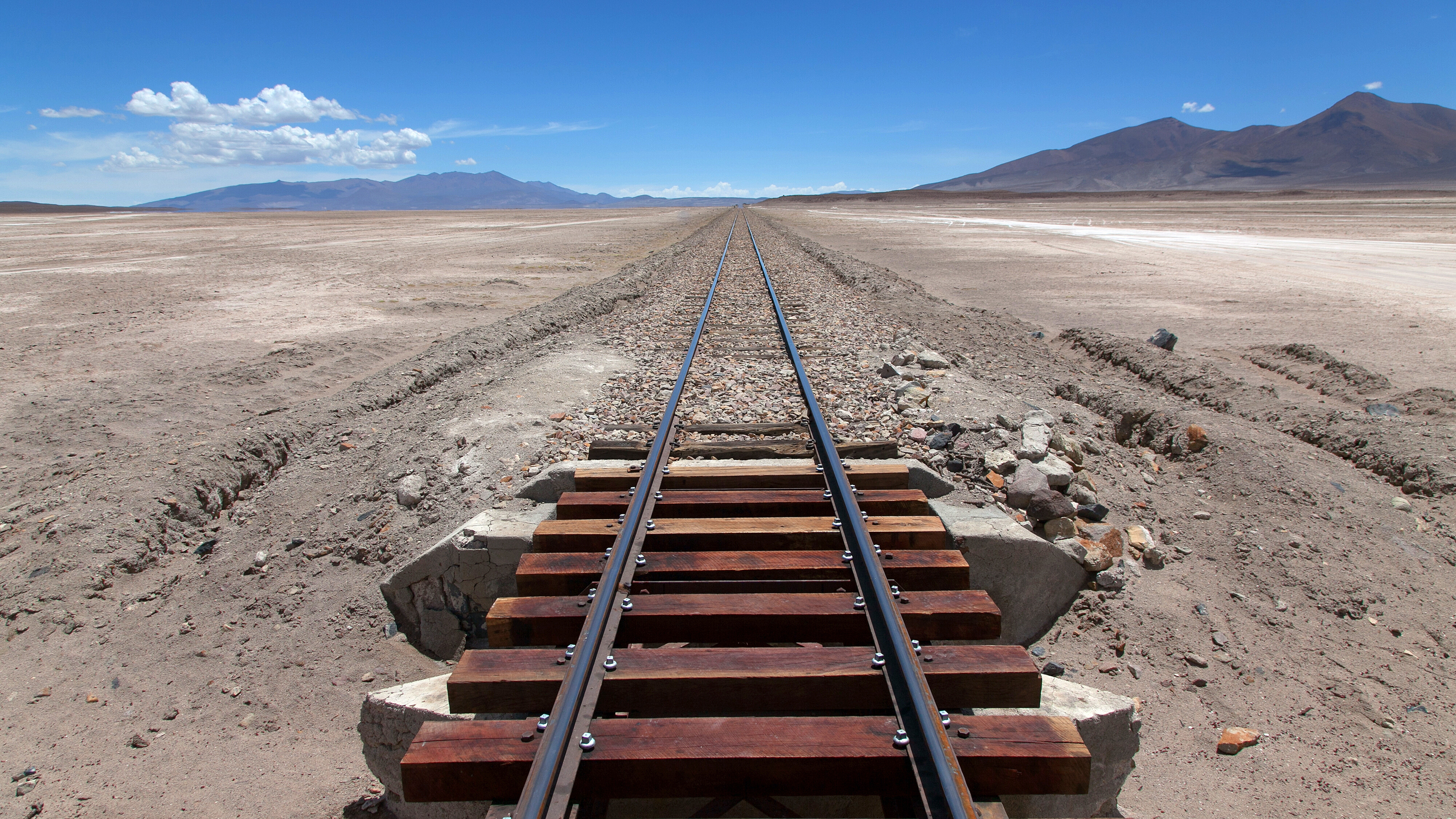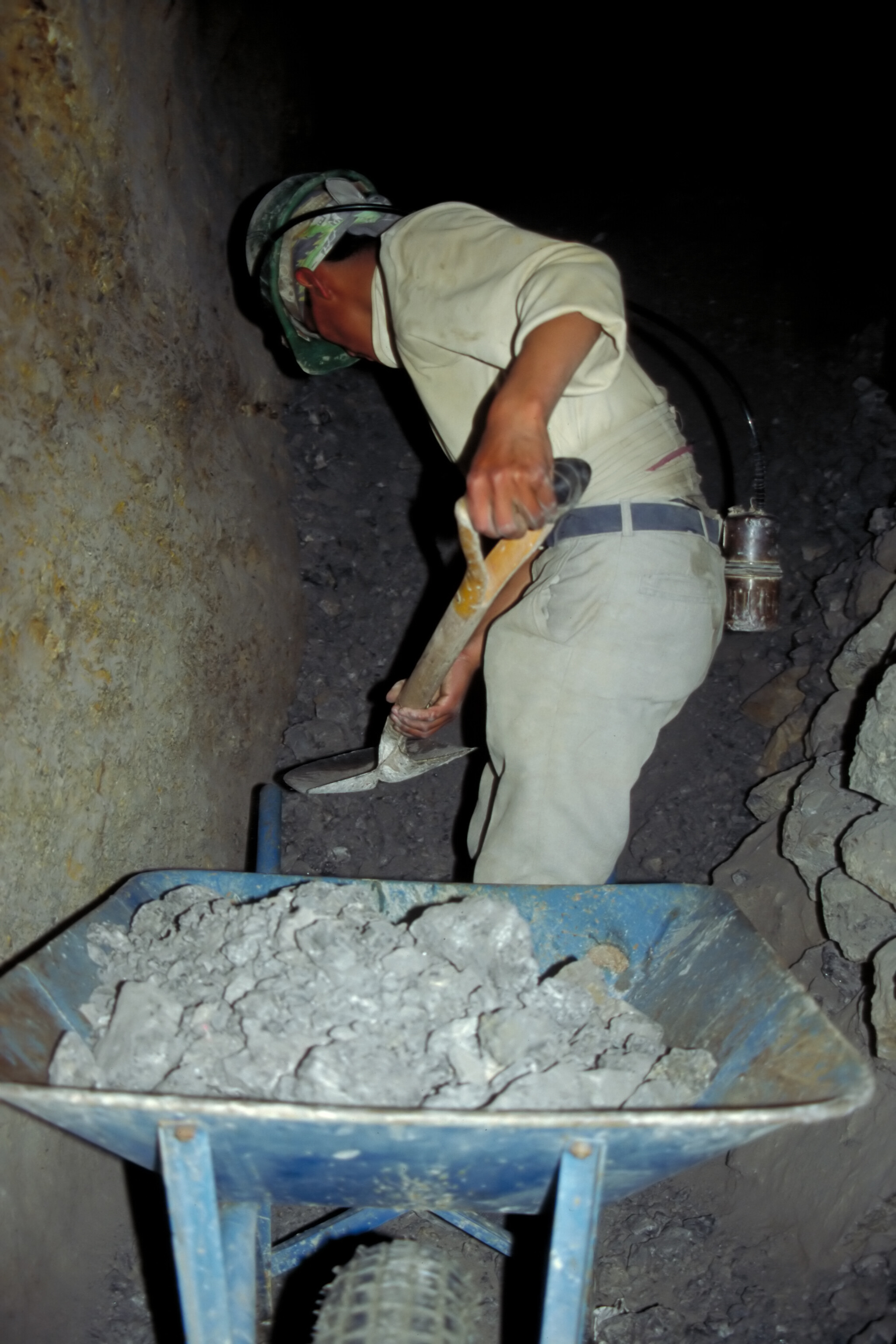Bolivia is Back on Track
Bolivia's President Evo Morales may be unconventional but he's got an impressive economic record. LatAm INVESTOR explains why investors should take another look at South America's poorest country...

Rating upgrade
Bolivia is not an easy market for British investors or businesses to play – just ask Rurelec. The London-listed, LatAm-focused energy company was one of many international firms to have its assets nationalised by the government of Evo Morales, the country’s first indigenous president. But it’s not impossible. In 2012 Bolivia issued its first bond in almost a century, when it raised $500million on the international capital markets. Indeed, despite eschewing conventional economic measures Bolivia’s economy continues to grow. This was recognised by ratings agency S&P which upgraded the country’s debt profile to BB from BB- and gave it a stable outlook.
There are lots of reasons to hold Bolivian debt, says S&P. Indeed despite – or perhaps because – of its unorthodox economic strategy, the country has built a sound economy. “Many years of good economic growth and fiscal and current account surpluses have reduced Bolivia’s debt burden, strengthened external liquidity and increased economic resilience against negative shocks.”
Good track record
Since Morales took power in 2006 Bolivia’s GDP has tripled – an impressive record, though the economy is still small at just $28billion. Of course Morales can’t take all the credit. Bolivia is major producer of natural gas, tin, zinc, silver and soy, and as such as benefited from the booming market for these commodities over the last decade.

But the government deserves praise for its prudent macro economic management of the boom. It has built up $4bn of reserves, which should help in the future if the economy is hit by external shocks. The most obvious shock could come from the commodities market, where prices have started to wilt in the last few years. Nevertheless the S&P still expects growth to continue, with the agency projecting 5% for 2014 and around 4.5% annual growth over the following three years.
Political consequences
Indeed Morales himself is another reason to hold Bolivian debt, according to S&P. Elections are due in October and Morales is widely expected to win a third term, which means that investors can expect the successful, if unorthodox, economic policies to continue. “The stable outlook is based on our expectation of continuity in economic policies after elections later this year…The combination of continued GDP growth, higher hydrocarbon production, and a gradual diversification of the economy would strengthen Bolivia’s ability to withstand a potentially sharp fall in commodity prices, leading to a higher credit rating.” Bolivia remains South America’s poorest country, but for now its prospects are looking up.